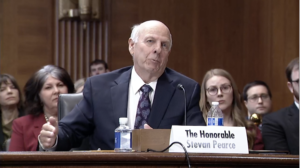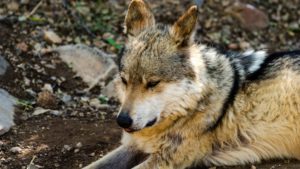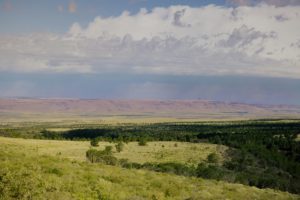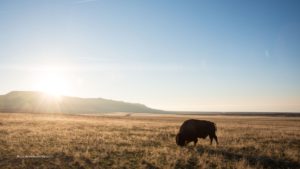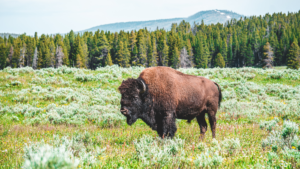
September 17, 2019
In a great win for the Grand Staircase–Escalante National Monument, Western Watersheds Project, the Southern Utah Wilderness Alliance (SUWA), The Wilderness Society, and the Grand Canyon Trust managed to get a the U.S. Department of the Interior’s Board of Land Appeals (IBLA) yesterday to block a bad BLM decision to destroy more than 30,000 acres of pinyon-juniper forest and sagebrush from the Skutumpah Terrace area!
The proposed project would have rid the area of pinyon pine and juniper trees by “mastication,” an intensively surface-disturbing method of vegetation removal that involves shredding trees where they stand by means of a wood chipper/mulcher mounted to a large front-end loader, which is driven cross-country throughout a project area. The plan would also have authorized the destruction of sagebrush by chaining, the practice of ripping shrubs and trees from the ground by dragging large chains between two bulldozers. The Skutumpah Terrace project is featured in a National Geographic story this month.
And why would the BLM do such a thing? Cow food. The BLM intended to tear out the habitat of pinyon jays in order to plant non-native grasses for the benefit of livestock. In their own words, the Utah’s Watershed Restoration Initiative behind the project admitted, “We don’t shy away from the fact that this program is in benefit of sustainable agriculture.”
Sustainable? Not for the plants and animals that depend on these supposedly-protected habitats. Not for the fragile biological soil crusts that federal agencies protect from hikers with “Don’t bust the crust” signs.
In overturning the BLM’s decision, the IBLA found that the BLM erred because it “failed to take a hard look at the Project’s cumulative impacts on migratory birds under NEPA [National Environmental Policy Act]… [and] erred in determining that using non-native seed… was consistent with the applicable land use plan under FLPMA [Federal Land Policy and Management Act].” Non-native grasses, while preferred by the livestock industry, become invasive weeds in their own right and degrade habitat quality for native wildlife. The long-term impacts of this project would have had dire consequences for the ecosystems of the Grand Staircase – Escalante National Monument. We couldn’t be more proud to have helped to stop it!
The IBLA decision is online here.

